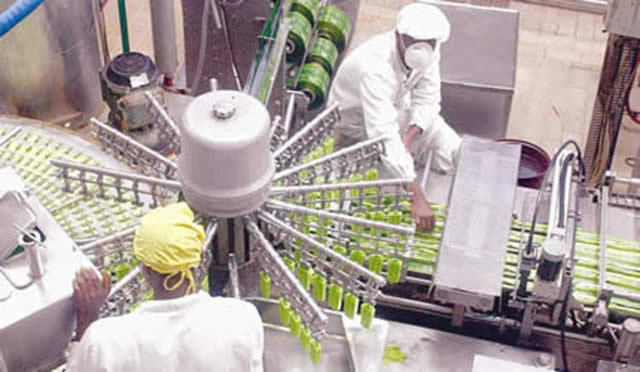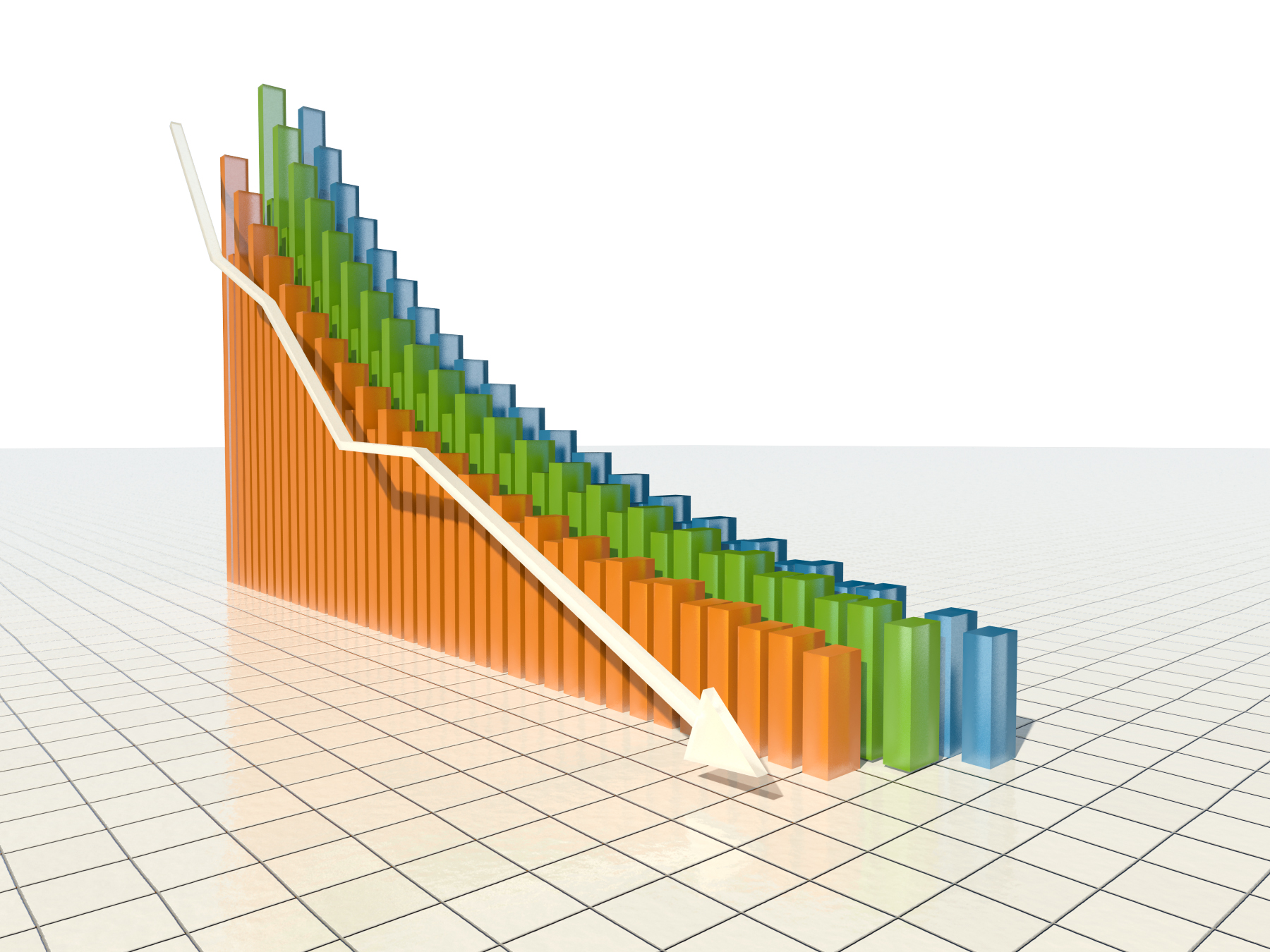Raw milk output to remain flat


Milk and dairy product producers this year embarked on dairy heifer importation schemes to boost milk production
Nelson Gahadza Business Correspondent—
Zimbabwe’s annual raw milk production in 2014 is likely to remain flat on last year’s output as most dairy schemes are yet to contribute significantly. Figures released by the Dairy Services Department in the Ministry of Agriculture Mechanisation and Irrigation Development show that in the period to November 2014, production had reached 50,6 million litres compared to 2013 year end of 54,7 million litres.
According to the figures, from July up to November, production has been growing at an average of 4,8 million litres per month.
Milk and dairy product producers this year embarked on dairy heifer importation schemes to boost milk production. These include Dairibord Zimbabwe Limited, Nestle Zimbabwe, Dendairy, Alpha and Omega among others.
Statistics show that intake by processors at 45,2 million litres will maintain the 2013 level of 49,1 million litres.
Retailed milk for the period to November was 5,4 million litres compared to December 2013 level of 5,5 million litres.
In Zimbabwe there are 15 dairy processors seven of which are major players within the sector.
In the 11 month period, October recorded the highest production at 4,9 million litres compared to 4,6 million litres in 2013.
The dairy industry is currently operating at 45 percent capacity with an estimated 223 registered dairy operators and a total dairy herd of about 26 000 animals.
Despite the growth in milk production in the second half of 2014, Zimbabwe is still lagging behind other Sadc countries in terms of volume production.
Zimbabwe has become a net importer of milk and milk products as the country struggles to meet the national demand of 120 million litres per annum.
Last year, producers failed to meet the production targets of 70 million litres after recording 54,6 million litres of milk down from 55,9 million litres in the previous year. There is need for the country to come up with a holistic national policy to grow the sector.
Analysts believe that serious investment is required. As part of the policy the Government should also offer incentives to make the sector more attractive to investment.











Comments